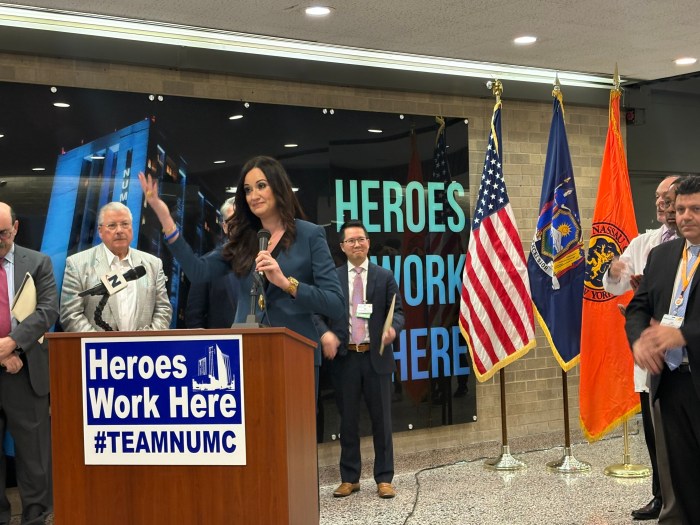
U.S. Immigration and Customs Enforcement Director John Morton said Tuesday his agency deported nearly 400,000 individuals during the fiscal year 2011 that just ended in September.
Morton announced the numbers in Washington, saying they were the largest in the agency’s history.
ICE said about 55 percent of the 396,906 individuals deported had felony or misdemeanor convictions. Officials said the number of individuals convicted of crimes was up 89 percent from 2008.
Officials could not immediately say how many of those crimes related just to previous immigration violations. Individuals can be convicted of a felony just for returning to the U.S. or being found in the U.S. after the government orders them to leave.
Among those deported were more than 1,000 people convicted of homicide. Another 5,800 were sexual offenders, and about 80,000 people convicted of drug related crimes or driving under the influence.
Authorities say two-thirds of those deported either recently crossed the border or had done so repeatedly.
“This comes down to focusing our resources as best we can on our priorities,” Morton said. “We continue to hope for comprehensive immigration reform at a national level, working with the Congress, but in the meantime, we work with the resources we have, under the laws we have.”
Copyright 2011 The Associated Press.
































